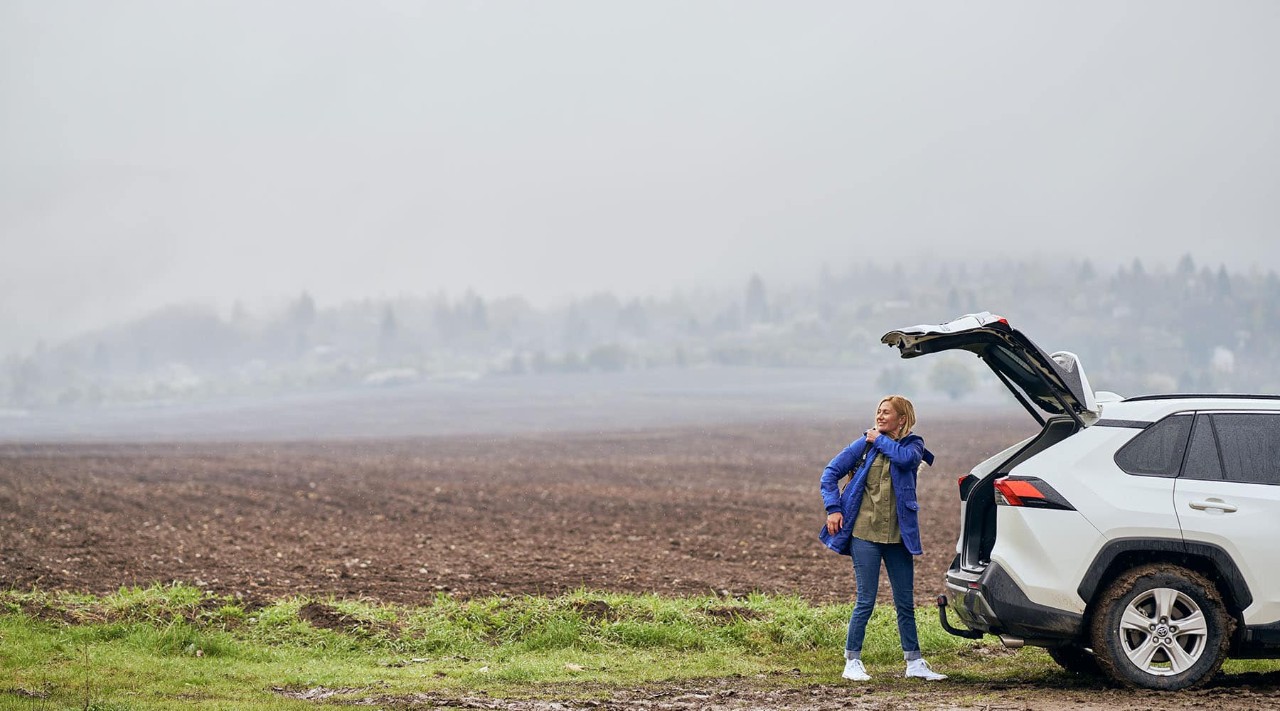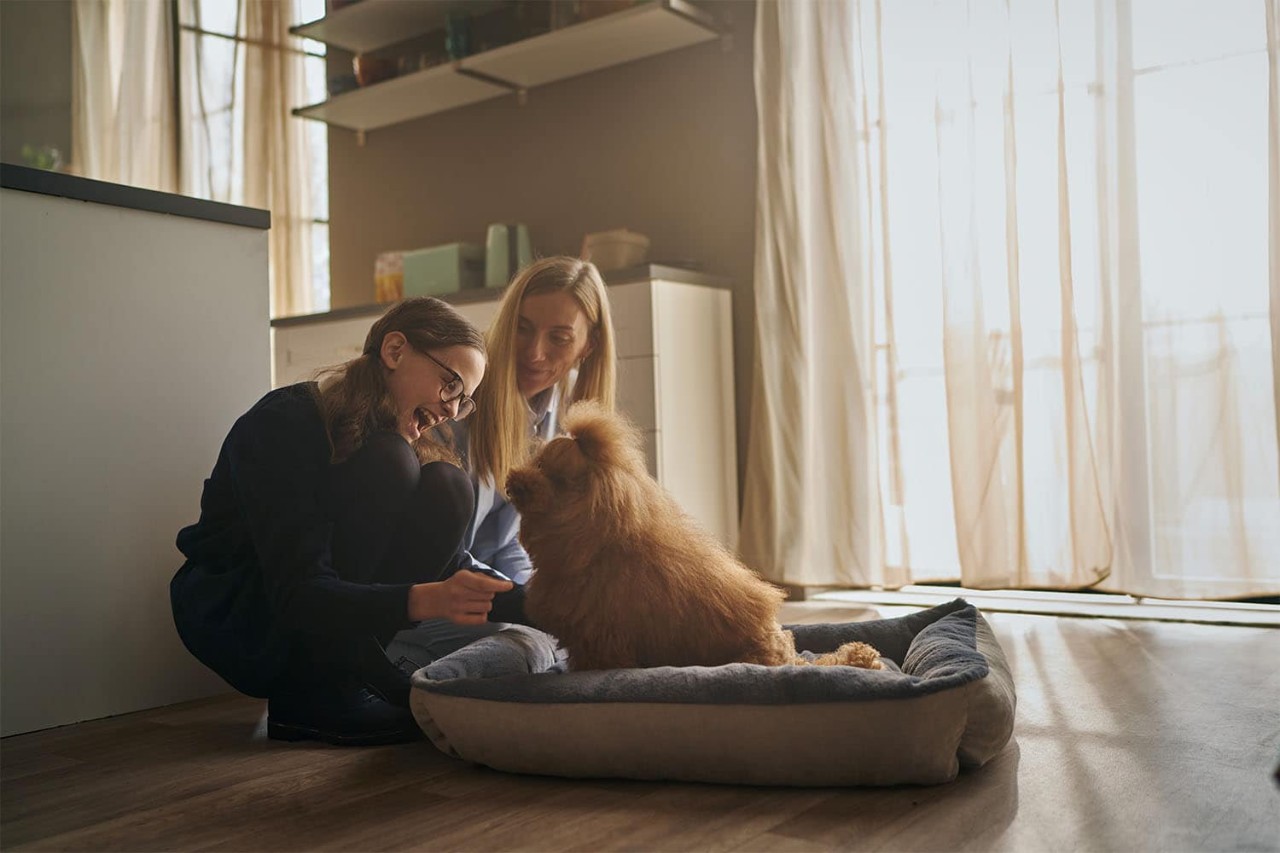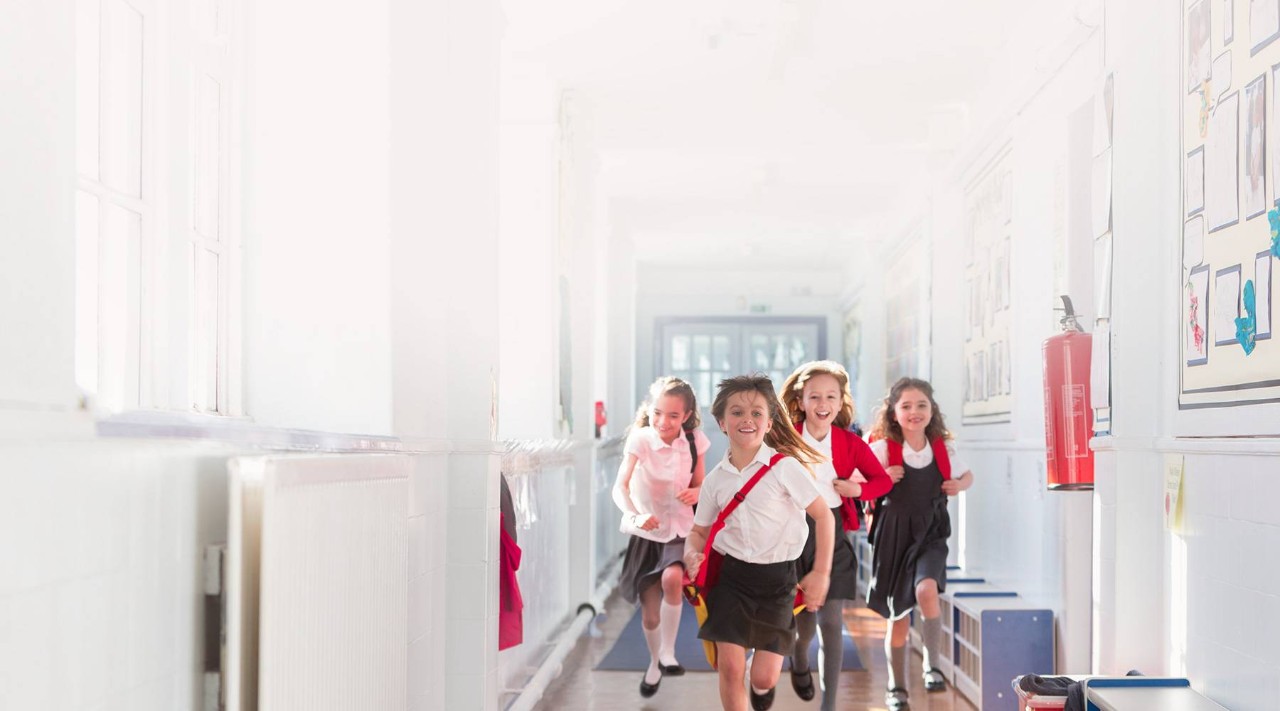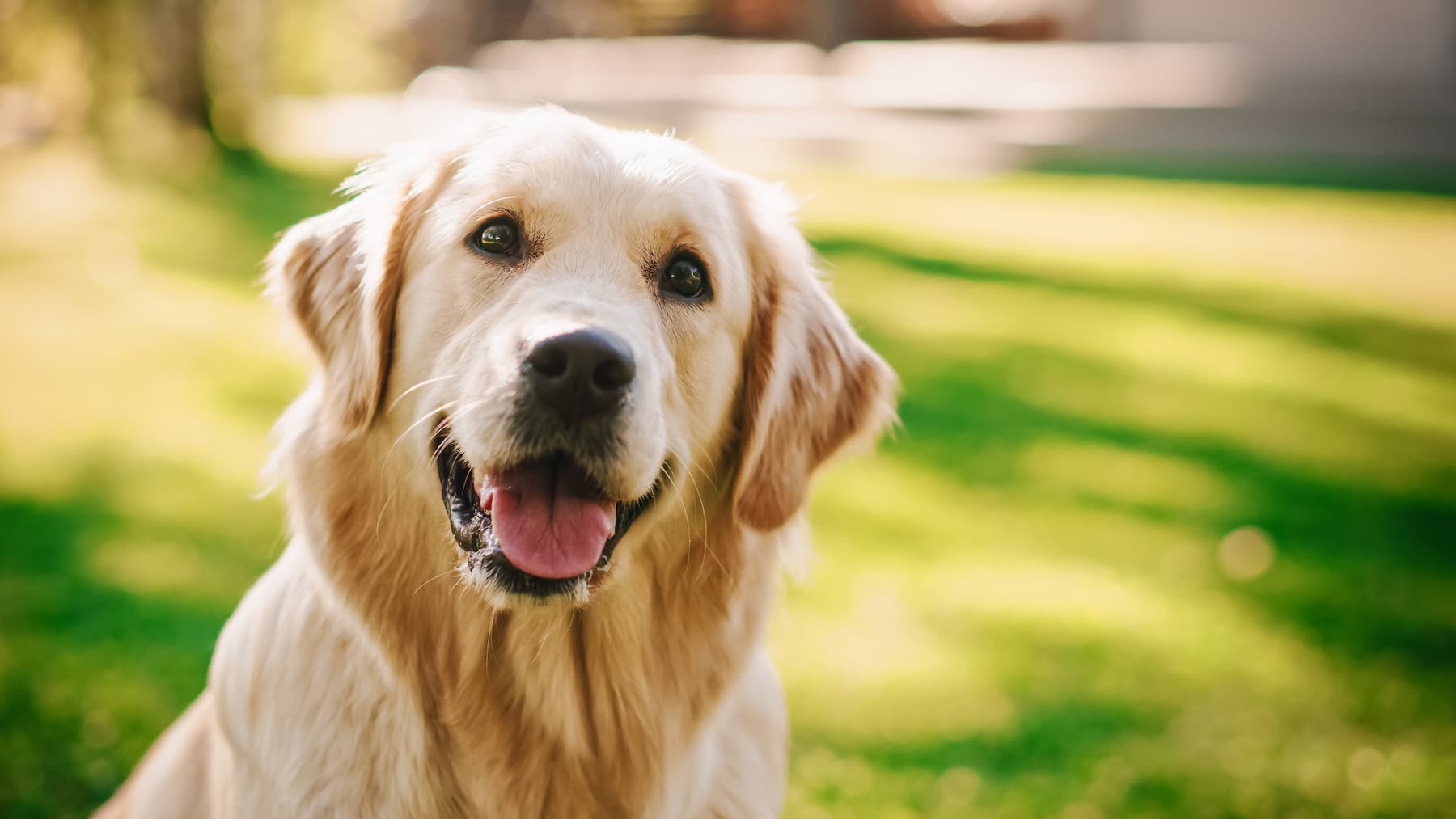Historically speaking, animals have been on duty as therapeutic resource for centuries. In simple terms, a Therapy Animal is a well-behaved animal trained to provide affection, comfort, and emotional support, to help in reducing stress and anxiety, improve people’s overall well-being, and etc. In particular, the domesticated descendants of wolves (AKA Dogs) have been nailing this field.
Canis lupus familiaris is their scientific name, and due to their inherent natural skills mentioned above (plus their undeniable cuteness), these furry four legged souls are widely known as being the human’s best friend and they have been gaining space in both our private lives and, not surprisingly, schools!
It has become increasingly common for schools to expand their resources by having a Therapy Dog on their premises willing to optimise their interaction with children and obtaining powerful results.
From an insurance perspective, if the School Board of Management are taking full responsibility for the Therapy Dog while in the school then we will indemnify the School Board of Management in respect of their legal liability arising out of or in connection with the dog subject to the terms Definitions Exclusions and Conditions of the Policy.
All reasonable precautions should be taken and this would include putting procedures in place to ensure safety of the dog, the children, the staff, and others in the school including advising all parents. Cover would be for third party liability only.
The School Safety Statement must be updated as well as a risk assessment of the dog carried out prior to the arrival of the dog in the school and same kept on School’s file paying particular attention to the following:
- The well-being and safety of the dog itself is imperative - this includes making a plan around such things as availability of adequate food and clean water for the dog, regular health check-ups, regular grooming/nail clipping etc., exercise/routine, rest area, and ensuring that no harmful foods or substances (such as chocolate, sweets, avocado, bread for instance) are accessible/given to the dog;
- Whoever will look after the dog outside School Hours shall ensure that the dog’s well-being is maintained outside school hours as well;
- The dog should be suitable to be around children and large groups;
- The dog needs to be vaccinated as and when necessary;
- The dog should be hygienic/toilet trained, to avoid pupils coming in contact with faeces, etc.;
- The onus is on the School to ensure that the dog has received full professional training, and the designated staff handlers trained in how to look after the dog;
- Staff and pupils with allergies to and phobias of dogs and how this will be managed must be considered as part of the risk assessment. A circular should be sent home to parents/guardians regarding this, and this would need to be done every year for new staff/pupils joining the school;
- There should be a responsible adult handler in charge of the dog at all times.
(this is not an exhaustive list)
We would cover the School Board of Management’s legal liability subject at all times to the terms, Definitions, Conditions, Exclusions, Endorsements and limitations of the actual Policy issued. This is not a pet insurance policy, so the schools Board of Management will need to put that in place also. This article provides general information only and should not be regarded as a substitute for professional advice.
If you require any additional information in relation to this article, please contact our Education Team at 01 613 3966 (Mon – Fri, 9am – 5pm, calls may be recorded), your local Allianz Representative or your Insurance Intermediary.





